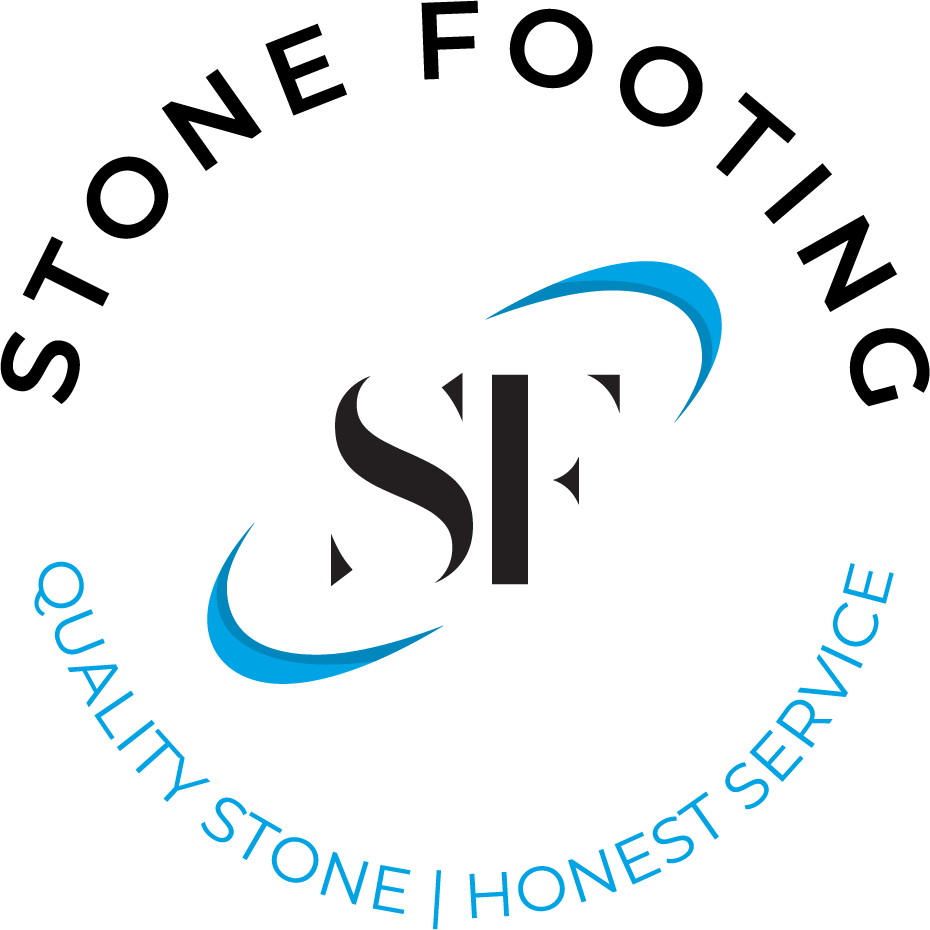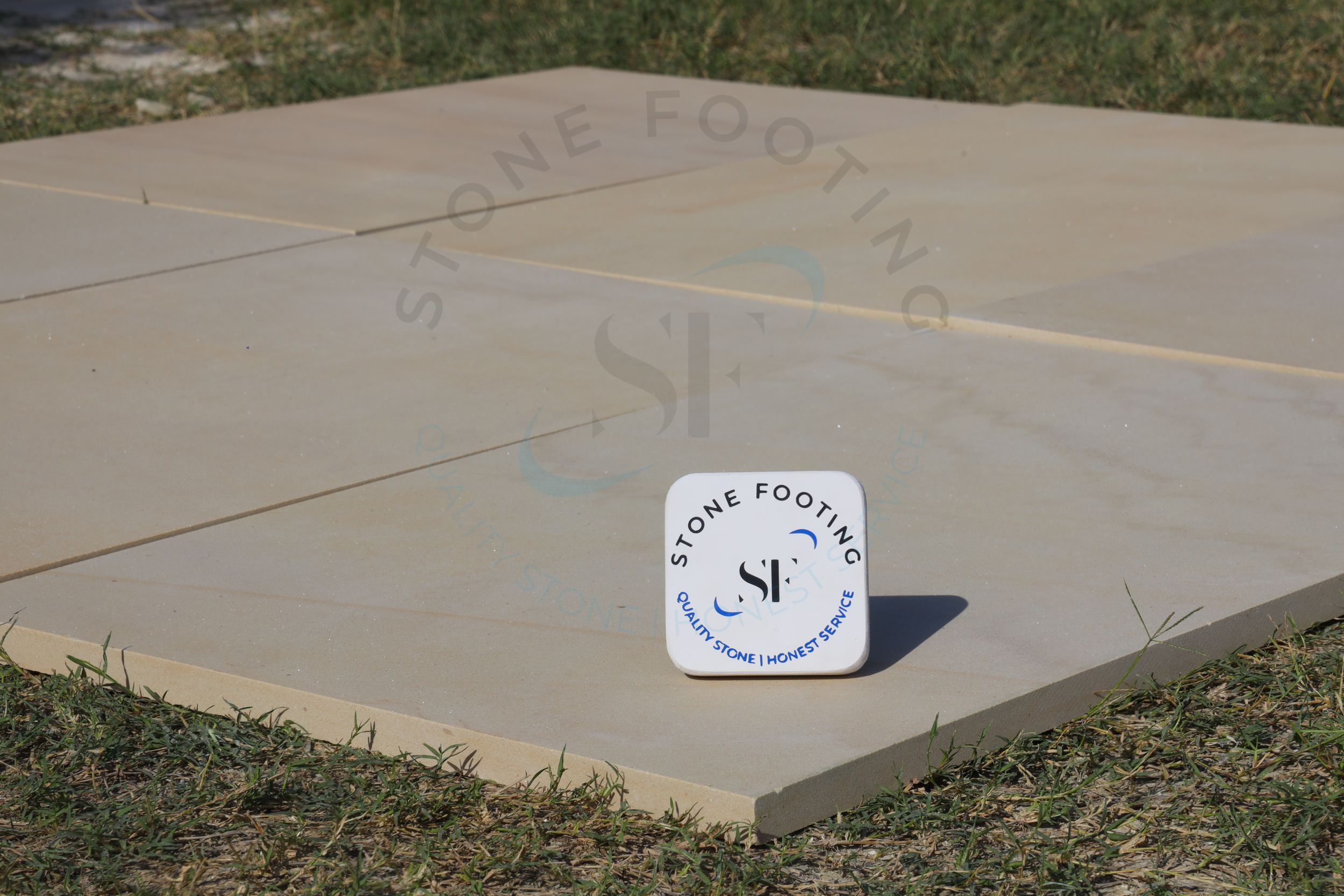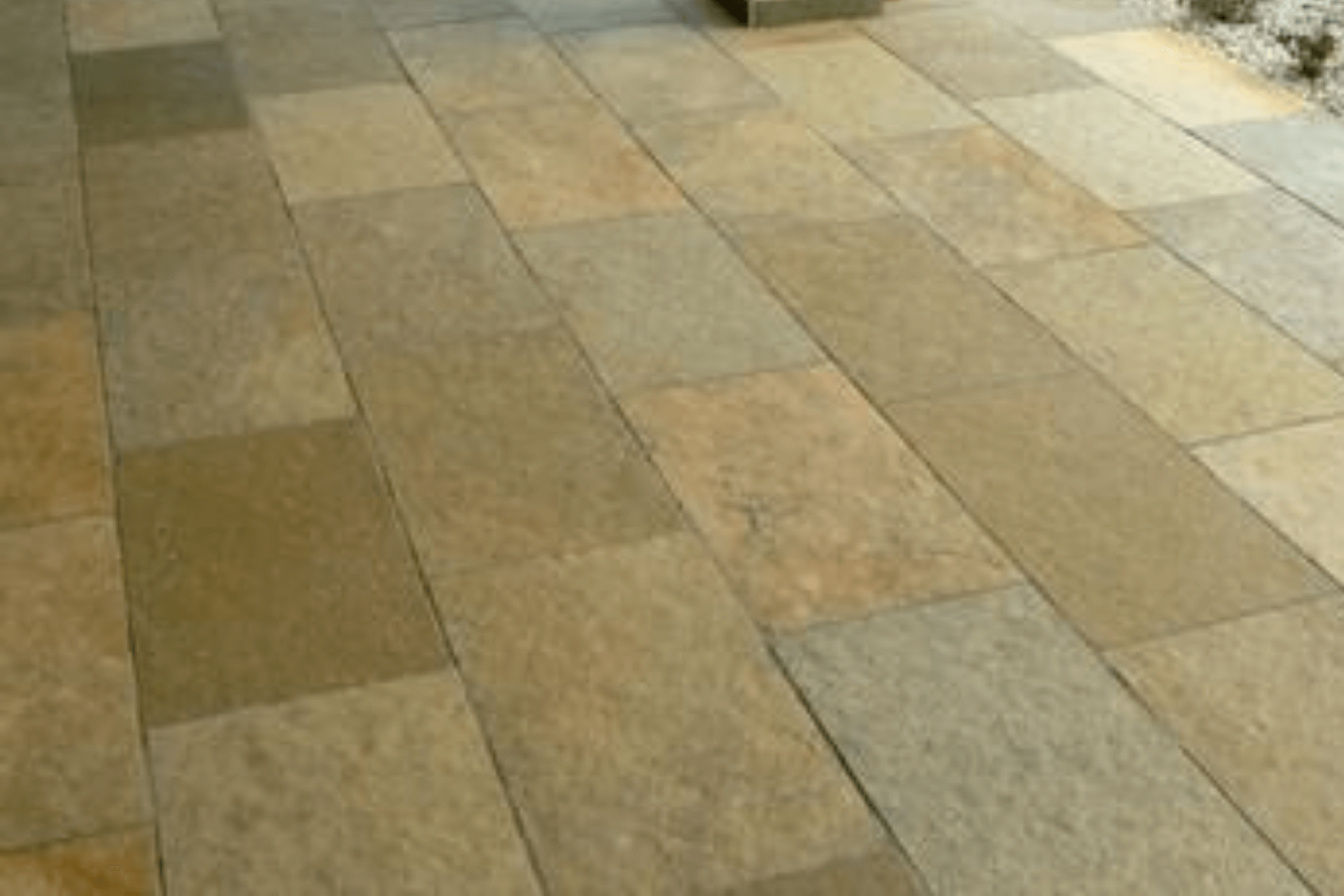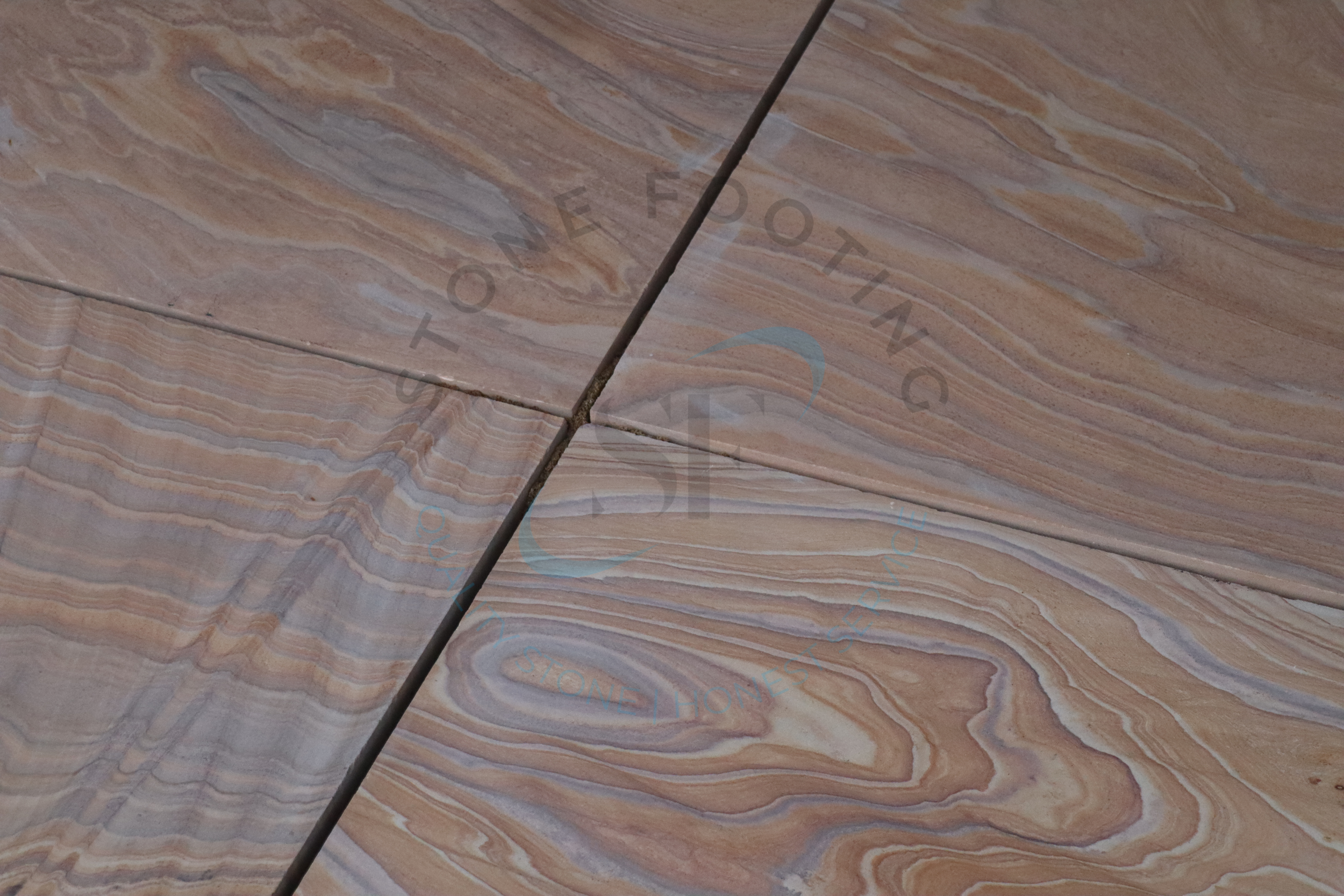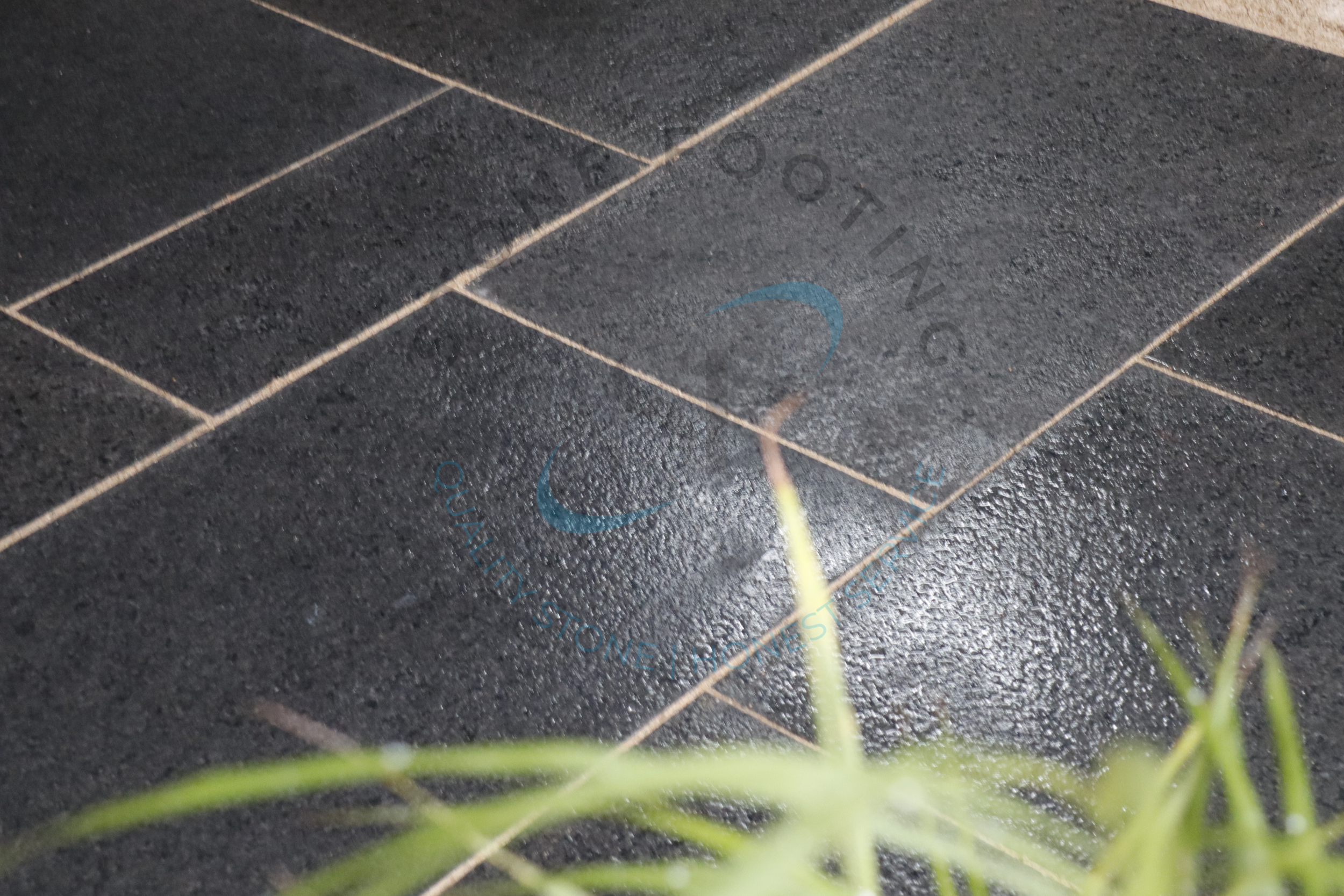Riven Finishes Vs Honed Finishes of Natural Stone

Natural stone is a material that is formed by nature, making it unique in both appearance and composition. There are many different types of natural stone, each with its own distinctive colors, patterns, and veining. Natural stone is also available in a variety of finishes, from polished to honed to unpolished. The type of finish you choose should be based on the intended use of the space as well as your personal preference. If you are looking for a material that adds both beauty and value to your home or business, natural stone is an excellent option. With proper care, it will last for many years to come.
Natural Stone Finishes
Natural Stone finishes are as different from one another as the stones themselves. Many people have explored the meaning of stone finishes and highlighted the difference between them. It is well understood that a smooth and shiny finish is not just nice to look at but also very useful in increasing the value of any building material. Stone finishes can be classified into two basic categories: honed and riven finishes of natural stone. Both these types of finishes are used to enhance the aesthetics of any building material.
What Is a Riven Finish?
The riven stone finish is a popular choice for many business owners. It offers several benefits and can be applied to both interior and exterior surfaces. The process is relatively easy, but it does require special tools and supplies.
Riven stone finish is a type of stonework that incorporates small stones into the surface of the wall. These stones are cut in a random pattern, creating an irregular surface that looks natural and organic. The result is a smooth, natural-looking stone wall with a unique pattern that blends with the surrounding landscape. Riven stone finishes are available in many different colors and patterns, making them suitable for almost any home.
Pros of Riven Finishes
- Durability: The riven finish is more durable than regular finishes. It does not wear out quickly and it is suitable for heavy-duty applications like kitchens, bathrooms and garages. The finish also resists damage from corrosive chemicals and spills.
- Easy Clean Up: Riven finishes are easy to clean up because they are non-porous, which means they do not absorb stains or odors. You can use soap and water or a mild detergent for cleaning purposes. However, if you want to remove stubborn stains from your countertops, you may need to use a steel wool pad or a cleaner that contains ammonia or bleach
- Beautiful Appearance: The appearance of riven finishes is beautiful because it has a smooth texture that looks like stone or marble. You can make your kitchen look elegant by choosing this type of surface in addition to other materials such as marble tiles and granite countertops.
Cons of Riven Finishes
- Expensive Cost: Riven surfaces are expensive compared to other types of surfaces such as laminate countertops, marble tiles and granite countertops.
What Is a Honed Finish?
A honed finish is an abrasive material that’s applied to the surface of a tool to give it a refined, slightly more aggressive edge. The ultimate goal is to create a smooth, clean surface that allows you to cut faster and more accurately with less effort.
Honed Finishes are often used on chisels, hand planes and table saws because they allow the tool to cut more aggressively than if they were left smooth or dulled down with other materials. It also helps from damage caused by metal shavings during use so they stay sharp longer than if they were left bare or treated with other materials that can dull them over time.
Pros of Honed Finishes
- Easy To Maintain: Honed finishes are easier to clean and maintain than a high-gloss, non-honed finish. They are also more durable and wear resistant than high-gloss finishes, which means that they will not wear down or chip easily.
- Longer Lasting: A high-gloss finish will wear off over time, especially if you use it for a long time. It is important to choose a good quality coating, as this will help to prolong the life.
- Affordable: Unlike expensive high-gloss coatings, honed finishes are fairly inexpensive This makes them ideal for those who want a good looking finish without having to spend too much money.
Cons Of Honed Finishes
- Look And Feel: Honed finishes tend to look more matte or flat compared to other types of finishes. If you want something that looks shiny or reflective, then honed may not be your best choice.
Conclusion
In a nutshell, it’s quite clear that there are benefits and drawbacks to both riven and honed finishes; they are not clearly better than the other, but rather two sides of the same coin. Care should be taken to ensure the stone has a smooth surface, the correct dimensions and correct types of profile is used. Honed finishes will allow for the creation of ceramic and sanitary ware and with a lower cost. Riven Finishes are generally used in more luxurious environments such as hotels, restaurants and also commercial projects. The fact is there is no single rule when it comes to honed vs. riven finishes. Much depends on personal preference, the nature of the stone, and what it will go on. If you are perhaps looking for best quality natural stone for your residential or commercial project, you can connect with Stonefooting-lead at info@stonefooting.co.uk or WhatsApp +44 7379 163920
Frequently Asked Questions
Q. How do I get riven finish natural stone?
Riven finishes are made by cutting the stone into tiles and then laying them on top of each other. If you want your riven stone to maintain its original color, it’s best to seal it with a protective sealant after installation.
Q. What is the difference between a Riven and Honed finish?
Riven finishes have a more natural look with uneven surfaces, while honed finishes have a smoother surface.
Q. Which type of natural stone finish is more popular Riven Or Honed?
Honed finishes are more popular because they provide a more modern look.
